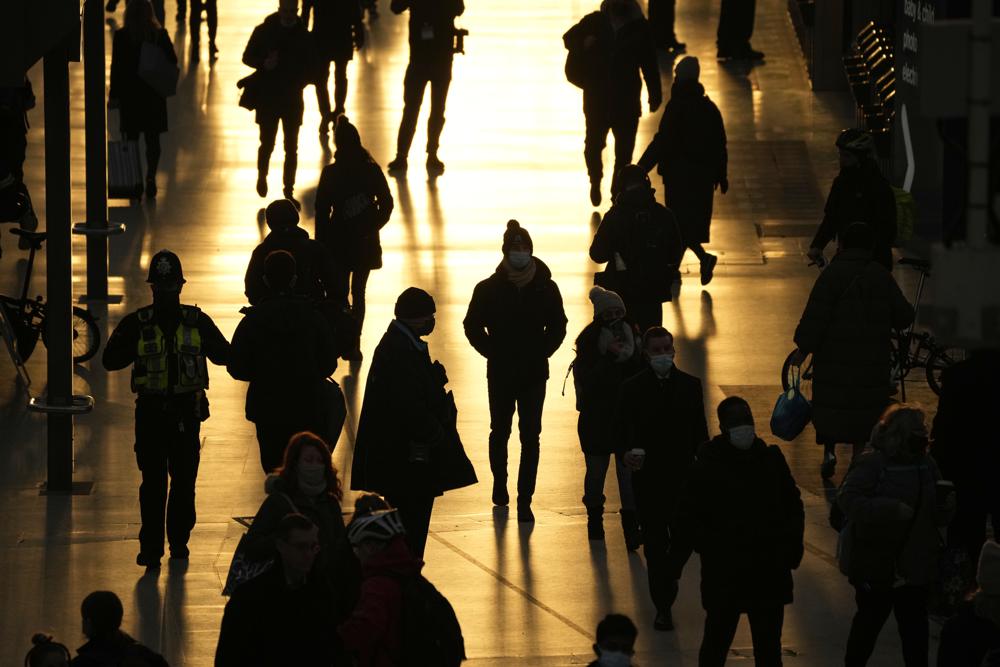BRUSSELS (AP): Taking an act-now-ask-questions-later approach, countries around the world slammed their doors shut again to try to keep the new omicron variant at bay Monday as more cases of the mutant coronavirus emerged and scientists raced to figure out just how dangerous it might be.
Japan announced it would bar entry of all foreign visitors, joining Israel in doing so just days after the variant was identified by researchers in South Africa. Morocco banned all incoming flights. Other countries, including the U.S. and European Union members, have moved to prohibit travelers arriving from southern Africa.
Travelers infected with the new version have turned up in a cascading number of countries over the past few days, and new cases in Portugal and Scotland have raised fears that the variant may already be spreading locally.
“Many of us might think we are done with COVID-19. It’s not done with us,” warned Tedros Adhanom Ghebreyesus, director-general of the World Health Organization.
The infections showed the near impossibility of keeping the genie in the bottle in a globalized world of travel and open borders.
Yet, many tried to do just that, even against the urging of the WHO, which noted that border closings often have limited effect and can wreak havoc on lives and livelihoods.
Some argued that such restrictions could provide valuable time to analyze the new variant. Little is known about it, including whether it is more contagious, more likely to cause serious illness or more able to evade the protection of vaccines.
While the initial global response to COVID-19 was criticized as slow and haphazard, the reaction to the new variant came quickly.
